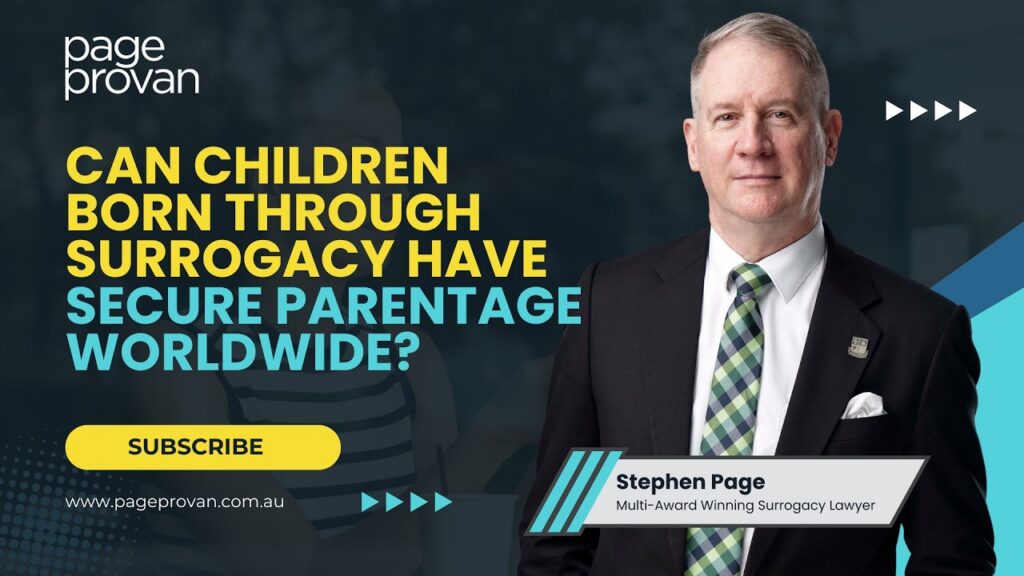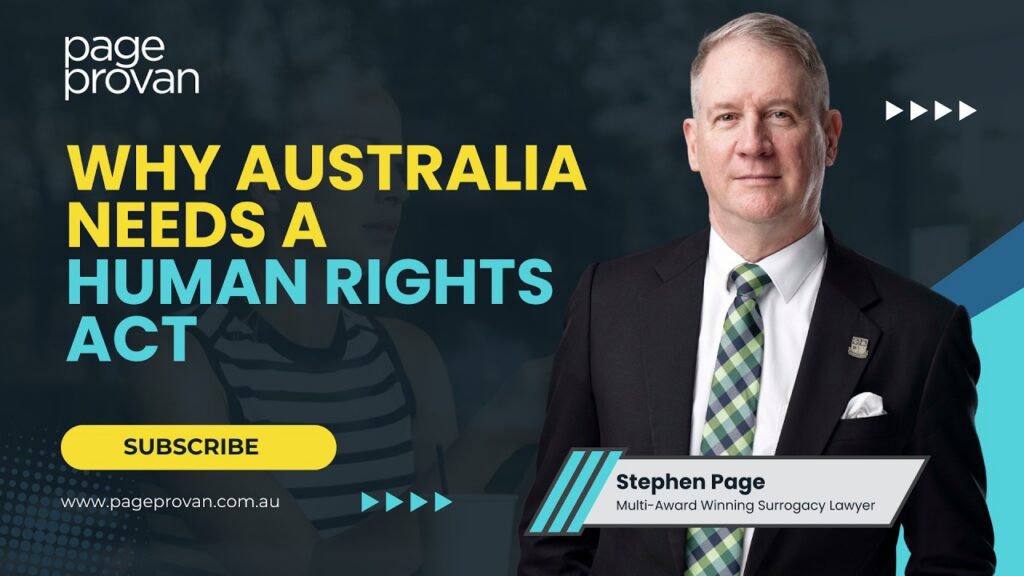Pauline Hanson’s family law policy
During the Howard era, a Parliamentary committee recommended the abolition of the Family Court of Australia. Instead, the Howard government boosted funding for mediation enormously- to such a degree the amount spent by the taxpayer on mediation was greater than that of the courts, and set up what is now the Federal Circuit Court of Australia.
One of the views about why the court was favoured over a tribunal was that it was considered that a court was much more likely to protect women and children who are subject to or exposed to violence and abuse. After all, in a tribunal, there may not be any right to representation- which will fall particularly hard on women who have been the subject of domestic violence.
Presumably when One Nation talks of the Family Law Court, it is talking of the Family Court of Australia, the Federal Circuit Court of Australia and possibly funding at least for the Family Court of Western Australia.
I must be missing something. The policy calls for abolition of the Family Law Court- but then says that protracted cases or incidents involving violence or abuse are to be dealt with in the respective courts. Which courts? The tribunal? Or State courts? Or the Federal Court of Australia? Given that an estimated 80% of matters before the Family Court of Australia and the Federal Circuit Court of Australia involve allegations of violence and abuse, what happens with these cases?
Another policy is that if you owned the property before hand, you get to keep it but otherwise it’s a 50/50 split. Great for men- bad for women. It hardly seems a fair way of resolving matters.
Just as the policy of three strikes and you’re out- if you deny the other parent three access visits- look out you’re before the tribunal to look at moving the kids over to your ex. Without ever condoning breaches of court orders- good bye best interests of children. Punitive policies trump the rights of the child, apparently.
And here are the policies:
FAMILY LAW COURTS: CHILD SUPPORT SCHEME
Pauline Hanson’s One Nation believes that safe, secure and happy societies require as a guiding principle, strong functional family units. One Nation considers governments should recognise this basic principle and adopt responses that are aimed at long term family stability. One Nation believes that until a fair and just system is found for both parties, we will see the continual rise of domestic violence and suicide and murders associated with custody battles.
- One Nation supports mediation.
- The Family Law Court will be abolished and replaced with a Family Tribunal.
- The Family Tribunal will consist of people from mainstream Australia. Respected members from local community groups encompassing health, social and community interests groups will be invited to participate.
- The functions and operation of the Child Support Agency will be reviewed and extensive community consultation will occur to develop appropriate guidelines for operations.
- The punitive maintenance regime will be overhauled as a matter of urgency – key factors in this review include:
- A formula that recognises the new cost of maintaining two households.
- A pre–determined formula for non-custodial parents that in which additional incomes for overtime or a second job do not cause maintenance payments to increase.
- Recognition that a child’s standard of living following divorce cannot be maintained at it’s pre-divorce level.
- A formula based on after tax income not before tax income.
- New families and their needs to be recognised in maintenance schedules.
- A formula that recognises the number of children, their ages and individual requirements.
- Property owned prior to the relationship will remain the possession of the individual. Settlements will be based on a 50 / 50 split between partners.
- Recipients of Sole Supporting Parents (SSP) benefits will require counselling and verification of a family breakdown. When the youngest child reaches school age the SSP will be required to obtain work based on job availability, opportunities and qualifications.
- Protracted settlements or incidents involving violence or abuse will be dealt with in the respective courts. Both parties will be entitled to legal aid and the unsuccessful party will pay the costs. Perjury charges will be enforced in court.
- Joint custody is the option of choice for ONE Nation. It gives recognition to the vital role both parents have in relationships with their children. Joint custody can provide some stability in an environment that is otherwise turbulent for children.
- Ideally the same case managers will work with families from entry to exit. Denied access will be referred to the case manager for immediate investigation. Three denied access visits will result in the non-custodial parent and custodial parent facing the tribunal to discuss shifting custodial arrangements.
- Family centres will be developed and these centres will manage the family tribunals and associated support services including counselling, life style management, parenting plans, preparation with self representation and advocacy support. The family tribunals will be able to conduct a country circuit.
- National Forums will be organised throughout Australia to identify family needs and identify community solutions that will assist in strengthening and maintaining the family unit. Responses to the forum will be pro-active and urgently address legislative inadequacies.












